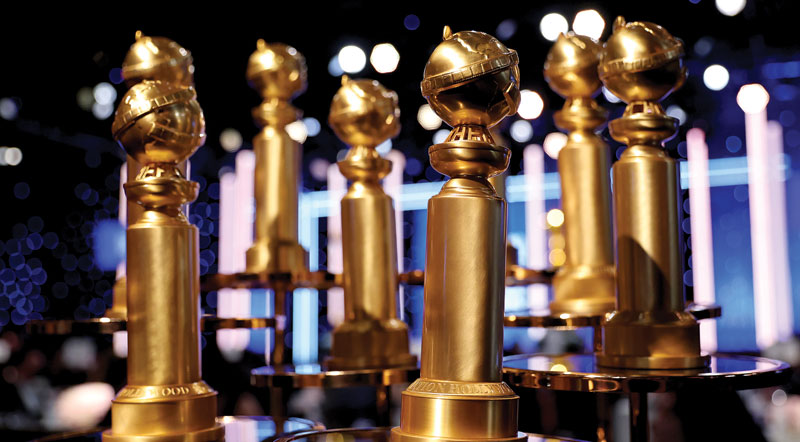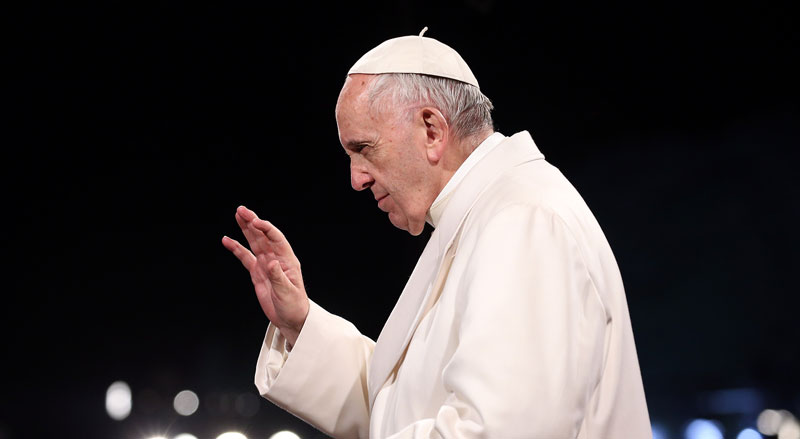“Yamim Noraim” — it’s usually translated as “Daysof Awe.” But you wouldn’t be wrong to translate it as “Awful Days.” Iface them with dread.
I have enlightened my holy days in big revivaltents in Woodstock, wondering if I liked the glib convenience of thecall for “at-one-ment.” I have sweated out long days in Malibu whilethe gods of the sea taunted me with foamy raspberries. (“Ya wannacleanse your soul, dude? Check this out — 5-foot surf!”) I’ve guidedWestside pre-pubescents through dramatic re-enactments of moraldilemmas, while their dads traded stock tips in the lobby. I’veendured pungent Orthodox trudgathons, where the talk about thefortitude of the increasingly wheezing shaliach tsibur grew as gushy andbreathless as any fan chat on the Internet. And I sat throughinnumerable numbing big Reform and Conservative hoo-hahs in stiffsuits, watching the clock with everyone else. I have never once beentouched to my soul.
For me, there are only two obstacles when pickingHigh Holy Day Ground Zero. Only Content. Only Context.
As for content, praying comes tough to me. Nor canI emote on a time clock. Cries de coeur don’t just roll off theproduction line. They stream up from the heart of the individual, inthe language of that individual. I need to tickle and torture thewords to make them speak my mind, to help me reveal what I’ve gotburied inside. More on this in a moment.
As for context, I have a problem with The BigEvent mentality. It’s an American malady. The way that all theattention goes to polishing the fingernails of the wedding and noneto recognizing those manicured nails as the claw-tips of a hugeunpredictable beast — marriage — chuffing behind. The way that somuch attention goes to the baby’s moment of birth and so little tothe engulfing, transforming mega-careers of parental self-educationand voluntary servitude that take over after it.
It’s so much easier to seize a moment, or aholiday, than to contemplate life.
My new friend, Rabbi Judith HaLevy, puts the HighHoliday event predicament beautifully: Walking into High Holy Dayservices cut off from the context of the Jewish continuum, or atleast from one month of preparation, is like walking into the middleof a heated argument…in a different language. I would add a furtherdisorienting factor: It’s an argument about you. About me.
So what would my ideal Awful Days look like?First, I would gather up maybe 20 people — crotchety,individualistic, humorous, reflective, freshly showered. I woulddevelop a month of homework, wherein we each had to prepare sectionsof the liturgy for discussion and make our peace with the peoplearound us.
Then, when the big days come, I would find asylvan location with good air conditioning and wrestle out themeaning of these passages together for an hour, then have each of usretire to write or reflect for an hour. I would repeat this processuntil the words become my words; until sentiments simmer into actualemotion; until the nourishing dreams, hopes and fears embedded in thetext find a natural path to flow into the crevices of my soul,trickling in on their own time, and maybe, just maybe, suffusing mewith something like renewal.
Then after that — OK, so here I’m a moreconventional Jew — I would eat till I plotz.
After all, tradition is tradition.
Adam Gilad is a dad, a husband and, in theminutes left over, a writer, most recently, of “Not in This Town,” aUSA Network movie.
All rights reserved by author.






















 More news and opinions than at a Shabbat dinner, right in your inbox.
More news and opinions than at a Shabbat dinner, right in your inbox.